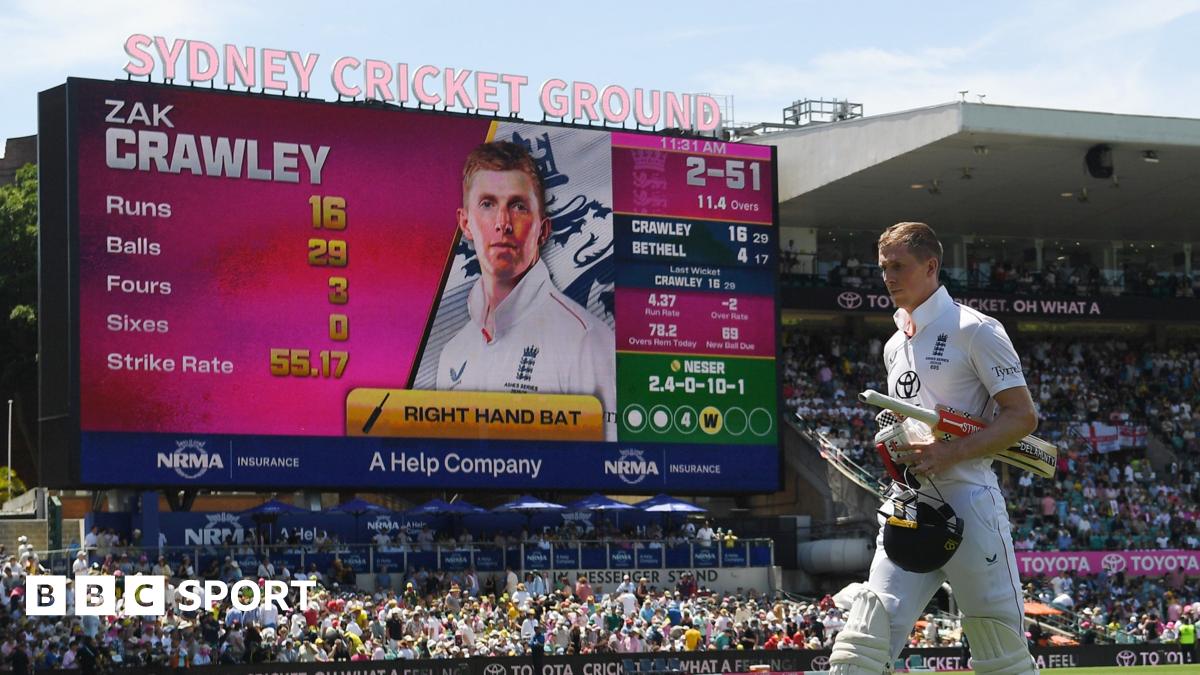Syrian army closes Aleppo’s Kurdish areas as clashes persist | Syria’s War News
Violence, designation of ‘closed military zones’ and evacuations of civilians follow collapse of talks aimed at ending standoff over absorption of semiautonomous Kurdish forces by state institutions.
The Syrian army has declared Aleppo’s Kurdish areas “closed military zones” and ordered civilians to leave as clashes with the Syrian Democratic Forces (SDF) extended into a second day.
The Syrian Army Operations Command told Al Jazeera that all SDF military positions in Aleppo neighbourhoods are legitimate targets as sporadic fighting between the government forces and Kurdish-led SDF continued on Wednesday after violence flared the previous day.
Recommended Stories
list of 3 itemsend of list
The clashes, which killed nine people on Tuesday, according to officials, are the fiercest fighting since the two sides failed to implement a March deal to merge the United States-backed semiautonomous Kurdish administration and military force with Syria’s new government.
The Syrian army announced that two neighbourhoods in Aleppo would become “closed military zones” from 3pm (12:00 GMT). In the meantime, it said, it would operate “humanitarian corridors” to allow civilians to leave.
All “military sites of the SDF organisation within the Sheikh Maqsoud and Ashrafieh neighbourhoods of Aleppo are a legitimate military target for the Syrian Arab Army, following the organisation’s major escalation towards the neighbourhoods of Aleppo city and its perpetration of numerous massacres against civilians,” the Army Operations Authority said in a statement.
The SDF noted a large deployment of Syrian army vehicles near the Sheikh Maqsoud and Ashrafiyah neighborhoods, labelling it a “dangerous indicator that warns of escalation and the possibility of a major war”.
The army, meanwhile, said it “urges our civilian population in the Sheikh Maqsoud and Ashrafieh neighbourhoods of Aleppo to immediately stay away from the SDF positions”.
The state news agency SANA reported that the Syrian Civil Defence Forces and Syrian Arab Red Crescent are providing aid to people evacuating.
The Civil Defence said it had evacuated 850 civilians from Aleppo by about midday, citing deteriorating humanitarian conditions and shelling by the SDF.
A Syrian security source reported to Al Jazeera that prisoners have escaped from al-Shafiq prison, which is run by the SDF, to safe areas in Aleppo. He did not specify the number of prisoners that absconded.
Sectarian tensions
Both sides have blamed the other for sparking the violence, which broke out after talks this week between government officials and the main SDF commander stalled with “no tangible results” achieved, according to state media.
The incorporation of the SDF, which controls large chunks of Syria’s north and northeast, into state institutions has remained a subject of consternation since President Ahmed al-Sharaa took office a year ago.
The deal reached in March, in which the SDF agreed “all civil and military institutions in northeastern Syria” would be merged into “the Syrian state, including border crossings, the airport, and oil and gas fields”, has yet to be carried out.
Al-Sharaa’s efforts to amalgamate power and quell sectarian tensions among the numerous groups across Syria after the fall of longtime leader Bashar al-Assad have not been helped by Israel.
Prime Minister Benjamin Netanyahu’s government has carried out persistent raids and bombardments in a bid to demilitarise southern Syrian regions bordering Israel.
Over the past year, Israel has launched more than 600 air, drone and artillery attacks across Syria, averaging nearly two a day, according to a tally by the Armed Conflict Location and Event Data Project.
Marie Forestier, a nonresident senior fellow for the Atlantic Council’s Syria Project, told Al Jazeera that the distance between Syrian, Israeli and US goals is “very difficult”, especially given that “Israel is doing everything to destabilise Syria.”



